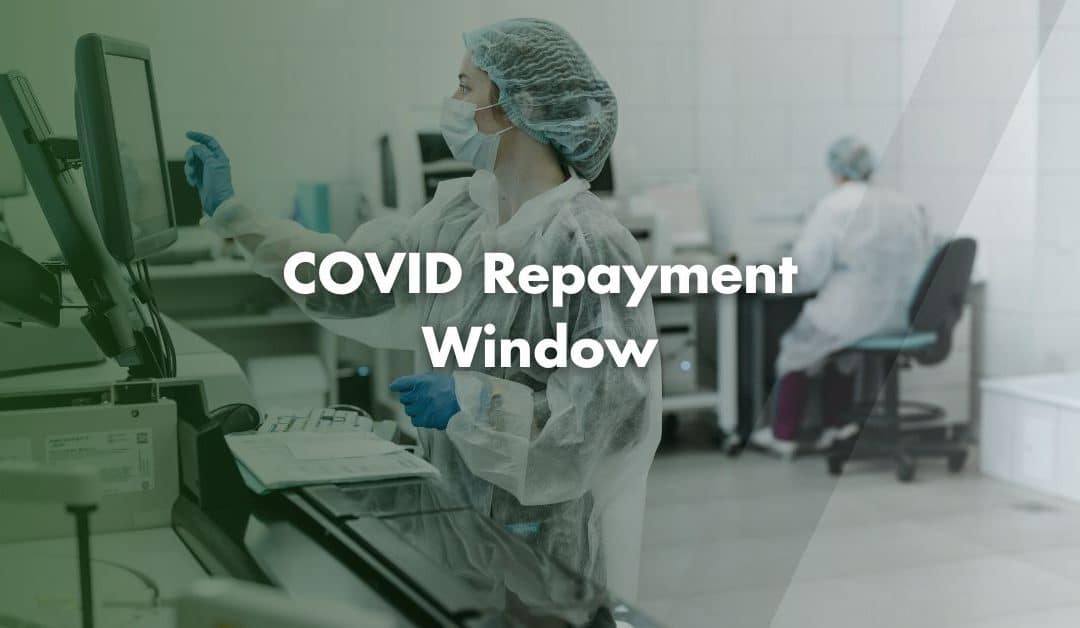The government has opened a voluntary repayment window for people and businesses that received unentitled COVID support money. This is your final chance to repay what you owe. The window stays open until December 2025.
Official Guidance: Covid repayment window opens – GOV.UK
What is the COVID Repayment Window?
This new scheme aims to help recover public money lost during the pandemic. It allows anyone who wrongly claimed COVID support funds to repay the money voluntarily with no questions asked during the window. The scheme covers all types of COVID support; including loans, grants, social security payments and tax benefits.
Launched on 12th September 2025, many describe this opportunity as “use it or lose it”. When the window closes, the government will have stronger powers to investigate and prosecute those who have not repaid.
Reasoning Behind the COVID Repayment Window
The government provided billions of pounds in pandemic support, under CJRS and SEISS among other schemes. While these programmes kept businesses afloat, they also saw high levels of fraud. HM Treasury estimates over £10 billion was lost to fraud, errors and waste. They have managed to recover £1.54 billion so far.
COVID Counter-Fraud Commissioner Tom Hayhoe warns: “Pay now, clear your conscience, or face the consequences”. He stresses that the money belongs in essential services such as the NHS, police and armed forces; not in the hands of those who claimed it unlawfully.
Ignoring this chance could lead to prosecution, director disqualification or prison.
HMRC Expands Compliance Workforce
Alongside the COVID repayment window, HMRC has announced the recruitment of 6,000 new compliance officers. Their role is to strengthen investigations into fraud, evasion and misuse of public funds. While the government has not explicitly confirmed that these staff will focus on the repayment window, the timing suggests a wider push to recover taxpayer money.
Risks of Doing Nothing
The voluntary COVID repayment window applies to many pandemic-era schemes, including but not limited to:
- Coronavirus Job Retention Scheme (CJRS or Furlough)
- Self-Employment Income Support Scheme (SEISS)
- Eat Out to Help Out Scheme
- Business Support Grants
- COVID-19 Business Loan Guarantee Schemes (including Bounce Back Loans)
- Other COVID-related tax reliefs and benefits
Check the official government guidance if you are unsure whether this includes your claim.
How to Repay
You can make a repayment through the government’s online service. Gather the following before starting:
- Government Gateway user ID and password
- Self Assessment Unique Taxpayer Reference number
- Grant or loan claim reference number
The online service will guide you through each step. The way you repay depends on the scheme you used. After completing the form, HMRC will explain how to make the payment. If you cannot afford to repay in full, you should contact HMRC for further help.
Contact HMRC: Contact HMRC – GOV.UK
Official Guidance: Make a Voluntary Repayment of COVID-19 Funding – GOV.UK
Reporting COVID Fraud
A new COVID fraud reporting website is also live, allowing the public to report suspected fraud anonymously. This helps protect taxpayer money and ensures that those who exploited the system are held accountable.
Official Guidance: Report COVID-19 fraud – GOV.UK
Contact Us
We are not just accountants; we are Chartered Accountants with one of the most reputable and premium accounting bodies. We are registered and regulated by ACCA; so you can rest assured that you are in good hands. Knowing this, don’t hesitate to get in touch with us if you require assistance: Pi Accountancy | Contact Us
This article is for general informational purposes only and does not constitute legal or financial advice. While we aim to keep our content up to date and accurate, UK tax laws and regulations are subject to change. Please speak to an accountant or tax professional for advice tailored to your individual circumstances. Pi Accountancy accepts no responsibility for any issues arising from reliance on the information provided.

